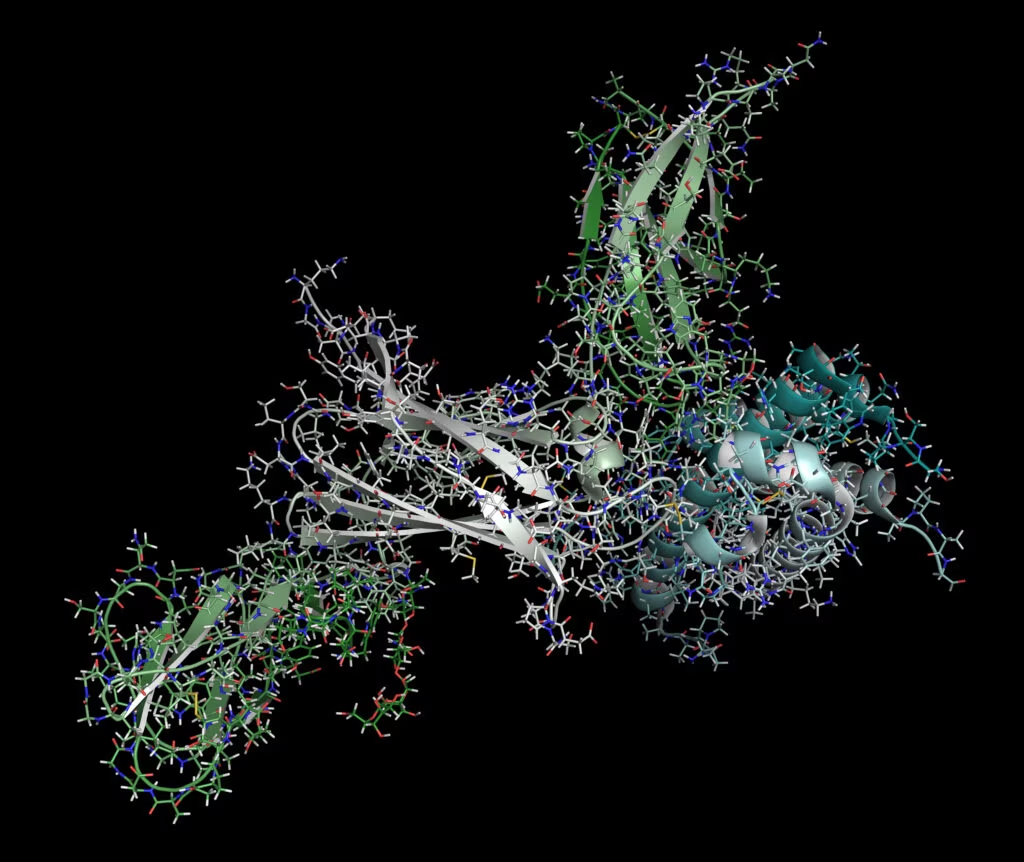Search Results
Showing Results for malignancy

The use of immune checkpoint inhibitors (ICIs) in treating cancer has greatly improved survival outcomes, particularly in patients with advanced disease for whom successful treatment options have previously been limited. For example, in patients with metastatic melanoma, the median survival ...

Recent advancements made in understanding the pathology of inflammatory skin conditions have enabled JAK inhibitors, initially developed for haematology over 20 years ago, to be investigated for dermatological use. In this episode, Dr William (Bill) Damsky discusses JAK inhibitors’ journey from proof-of-concept to treating a wide range of skin conditions, their future impact on rare diseases and the debate around safety.

International experts from the American College of Rheumatology (ACR) and the European Alliance of Associations for Rheumatology (EULAR) have recently partnered to produce the much-anticipated classification criteria for antiphospholipid syndrome (APS), which were published in Arthritis & Rheumatology in August 2023.1 ...

Watch expert faculty discuss how to diagnose and treat the gastrointestinal manifestations of IgG4-related disease







It is increasingly recognized that autoimmune rheumatic diseases (ARDs) can affect people of any age, starting from early childhood and continuing until later in life. Furthermore, in recent decades, it has become apparent that Sjögren disease (SjD), commonly diagnosed ...

This editorial outlines a clinical approach to patients with periodic inflammation of unknown origin despite initial rational and targeted investigation. The focus of the editorial is on the recognition and diagnosis of systemic autoinflammatory diseases (SAIDs). Although rare, SAIDs are ...

The global burden of disease is heavily impacted by the increased prevalence of chronic inflammatory rheumatic diseases (CIRDs [rheumatoid arthritis (RA), spondyloarthritis (SpA), connective tissue diseases (CTDs) crystal arthropathies and polyarticular osteoarthritis (OA)]), which are prevalent chronic non-communicable diseases associated ...

Although biological disease-modifying antirheumatic drugs (bDMARDs) are significantly cheaper now that biosimilar agents are available, they still represent a significant cost to health services worldwide, particularly since their prescription has only increased since the thresholds for commencing this treatment have ...

Janus kinase inhibitors (JAKis) are an emerging new class of disease-modifying medication for the treatment of rheumatoid arthritis (RA). touchIMMUNOLOGY spoke with our Editor-in-Chief Prof Peter Taylor (University of Oxford, UK) to discuss the latest insights into the use, selectivity ...

Baricitinib is a janus kinase (JAK) inhibitor already approved for the treatment of rheumatoid arthritis, COVID-19 and alopecia areata. touchIMMUNOLOGY caught up with Dr. Raj Chovatiya (Northwestern University Feinberg School of Medicine, Chicago, IL, USA) to discus the efficacy and ...

Advances continue to be made in the treatment of systemic sclerosis (SSc, also termed ‘scleroderma’); however, it remains a challenging disease for both patients and for the clinicians caring for them. The purpose of this review is to highlight these ...

Data from the ORAL Surveillance study (NCT02092467) suggested that malignancy risk is higher in people with active RA aged ≥50 years when using the JAK 1 inhibitor filgotinib vs TNF inhibitors. In this touchIMMUNOLOGY interview we spoke with Prof. Xavier Mariette (Paris-Saclay ...

The seronegative spondyloarthritides are a group of inflammatory arthropathies that are related in aspects of their clinical and radiographic presentations and genetic predisposition. Psoriatic arthritis (PsA) and axial spondyloarthritis (AxSpA) are two of the major diseases classified under this umbrella, ...

touchIMMUNOLOGY were delighted to talk to Dr. Andrew Blauvelt (Oregon Medical Research Center, Portland, OR, USA) around the 5 year follow up study of the VOYAGE 1 and 2 trials, investigating guselkumab in patients with moderate to severe psoriasis. The abstract ‘Malignancy Rates ...

Psoriatic arthritis (PsA) is a chronic inflammatory disease with an estimated global prevalence of 0.2%.1,2 The condition may occur in up to 30% of patients with psoriasis, with PsA typically developing 10 years after the onset of skin disease.1,3,4 PsA is a highly ...

Isaacs and Lindenmann first identified interferons (IFNs) in 1957.1 They discovered that chicken embryo chorioallantois membranes pre-treated with heat-inactivated influenza virus inhibited the growth of live influenza virus, and thus, the abridged term for ‘viral interference’ became ‘interferon’. A little over 20 ...
Latest articles videos and clinical updates - straight to your inbox
Log into your Touch Account
Earn and track your CME credits on the go, save articles for later, and follow the latest congress coverage.
Register now for FREE Access
Register for free to hear about the latest expert-led education, peer-reviewed articles, conference highlights, and innovative CME activities.
Sign up with an Email
Or use a Social Account.
This Functionality is for
Members Only
Explore the latest in medical education and stay current in your field. Create a free account to track your learning.

